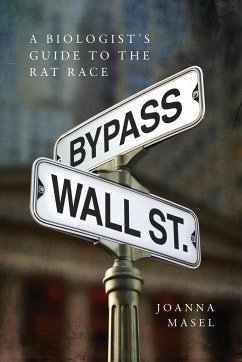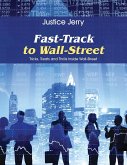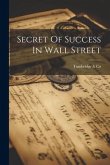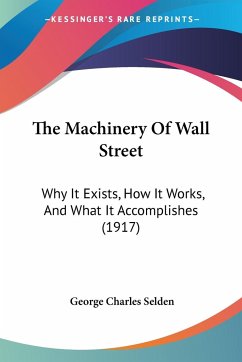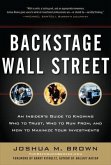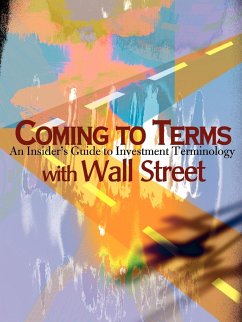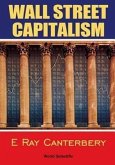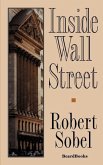Pundits urge you to save more money for retirement. But you can't eat piles of saved money; unless this money is used to increase our ability to produce food, medicine and nursing, the money might as well be destroyed today and reprinted later. How is money saved today converted into something that will be useful decades from now? In the meantime, who benefits from these pools of saved money? In a radical rethink, evolutionary biologist Joanna Masel uses insights about competition and demography to deconstruct the false economic premises behind our bloated financial system. By returning to the basics of what investment means, Masel delivers accessible advice not only for policy makers, but also for individuals, suggesting alternatives that work for your benefit rather than the benefit of financiers. Ordinary individuals can bypass the middleman, and take direct control over how their saved money is converted into enduring wealth. This book challenges you to think differently, and gives new meaning to the old advice to invest only in things you understand.
Bitte wählen Sie Ihr Anliegen aus.
Rechnungen
Retourenschein anfordern
Bestellstatus
Storno

